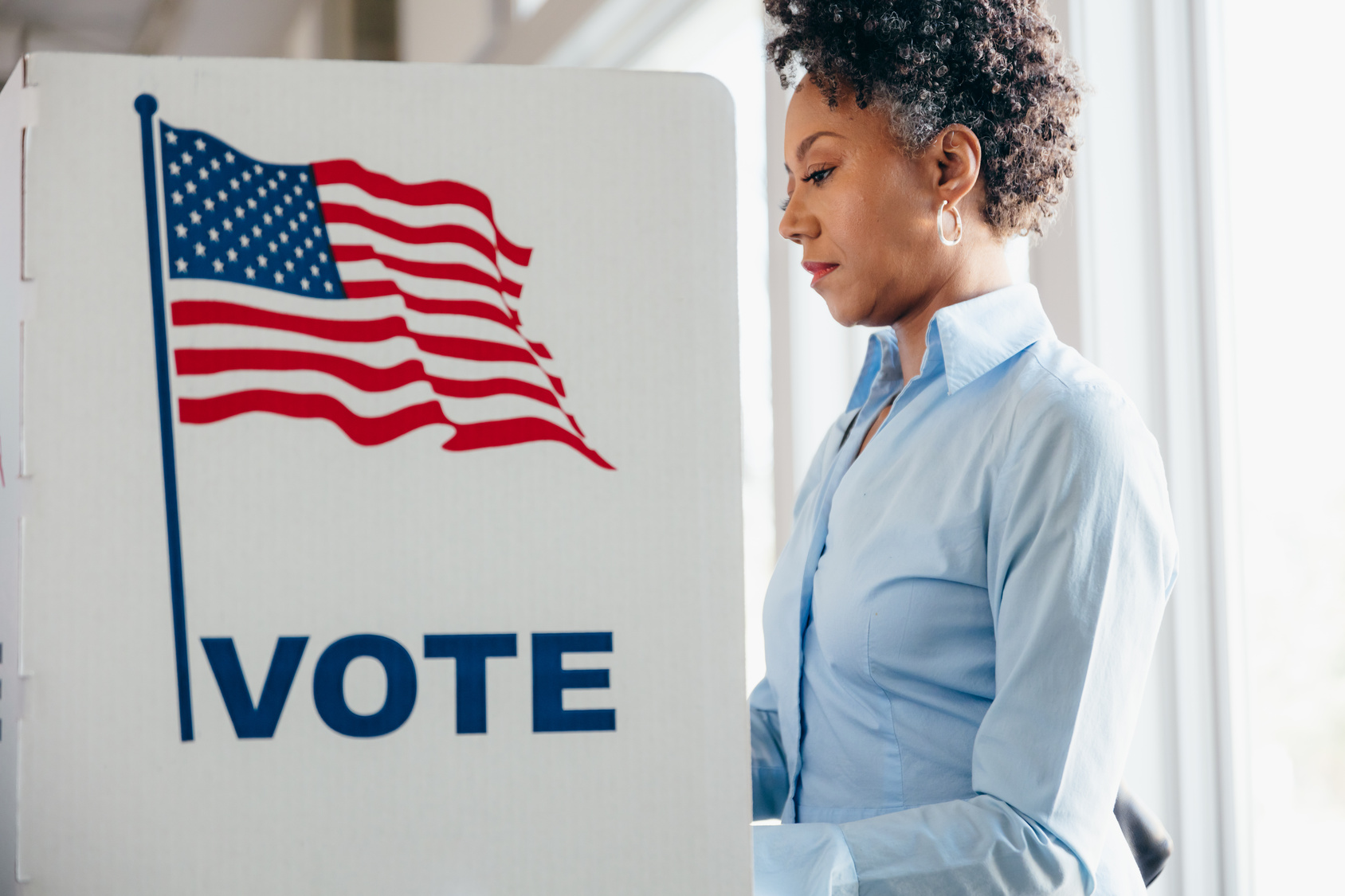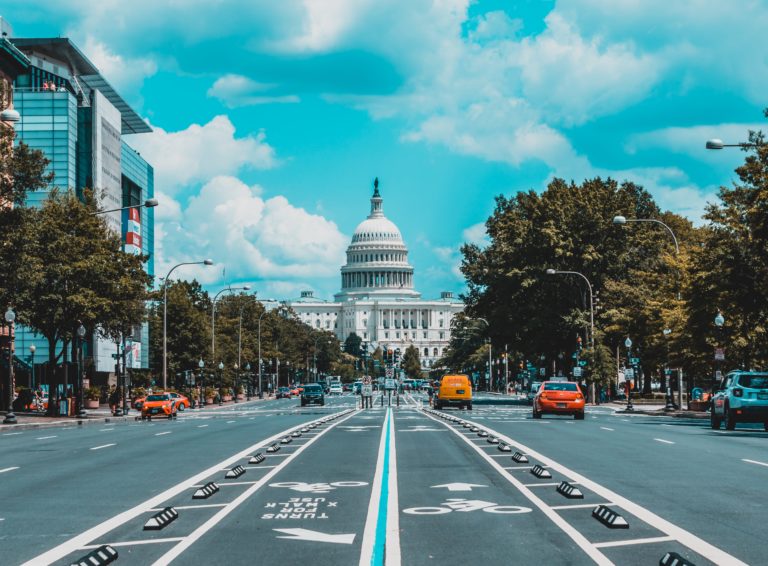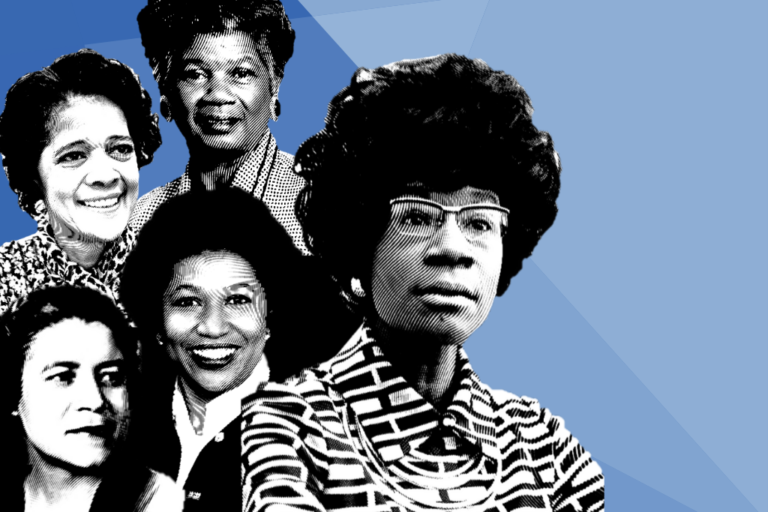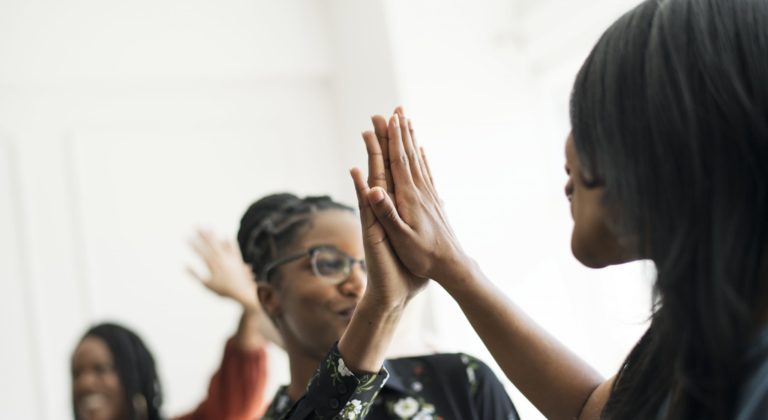A record number of Black women are running for Congress this year. At least 122…
How Can We Get America’s First Black Woman Governor?

A record number of Black women are running for office in 2022, including statewide executive roles, but there is one role that has eluded Black women the most: Governor.
According to the Center for American Women in Politics (CAWP), of the 94 women who are statewide elected executives, only six are Black women. Prior to the this year’s election season, CAWP data shows that only a handful of Black women had run for Governor, at least 16 Black women in total. All of the women lost in their party’s primary, except for Stacey Abrams who captured the Georgia Democratic Party nomination for governor in 2018. Perhaps inspired in part by Stacey’s trailblazing leadership on what a Black woman can fundraise and how she can mobilize voters for a statewide executive race, more Black women have stepped up to run for governor in 2022. This year, at least six Black women ran for governor, and at least four remain in their state’s race: Stacey Abrams in Georgia again, Deirdre DeJear in Iowa, Connie Johnson in Oklahoma, and Yolanda Flowers in Alabama. So what have been the challenges for Black women running for the highest office in their state?
For one, Black women struggle with the belief from voters, donors, and gatekeepers that they can win statewide, since most states, with the exception of some territories, are majority white. This compounds in a self-fulfilling prophecy that makes it hard for Black women to raise money and compete on a larger scale regardless of qualifications. Second Black women, like all other women candidates, are held to a likeability and qualifications double standard that the Barbara Lee Family Foundation has identified in their research. These double standards are even more nuanced when accounting for the woman candidate’s race. Black women face a critique of being “difficult” or “aggressive” which is grounded in the “angry Black women” trope. And their qualifications are viewed through the long held racist trope that says Black people are lazy, which manifests itself into questioning capabilities. For example, Vice President of the United States Kamala Harris has dealt with criticisms of how well organized her office isn’t, as opposed to considering her policies.
How can Black women overcome these challenges? A report conducted by the Barbara Lee Family Foundation, Ready, Willing & Electable, notes that if a woman candidate draws from background experience that showcases her economic expertise, it can help. For Black women running either as a Republican or Democrat having a record of working on public-private partnerships, being a business owner, or even writing a strong economic plan can play well with voters.
Black women, like other women candidates running for governor, benefit from being able to handle a crisis or get results on their work, abilities demonstrated by economic expertise or leading organizations (e.g. Political Party Chair, Non Profit Executive, Founder). What does this all mean? Black women have a path to elected executive office if the campaigns do a great job of demonstrating their leadership skills, showcasing economic expertise, and the lived experience of being Black and women that lots of voters are starting to value more.
Given the times we’re in, with an ongoing pandemic, mass shootings, inflation, and growing housing prices—which have all affected women disproportionately, and especially Black women, Black women can show they are qualified to lead in this moment as voters are looking for real leadership to guide them to steadier times. If voters elect them in November, it will finally bring us one closer to the reflective democracy for the people.






